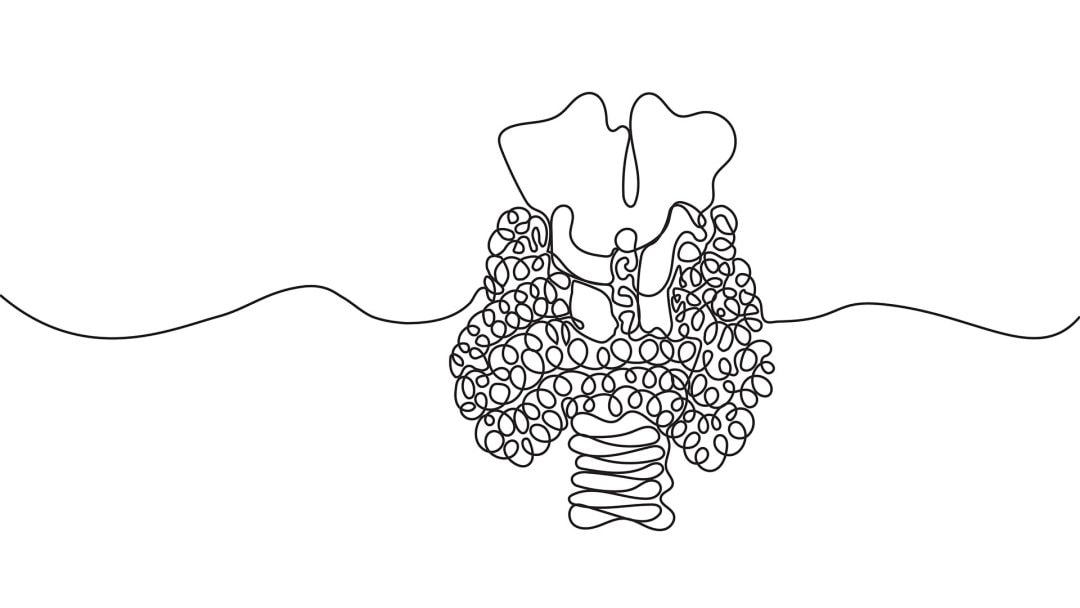Hypothyroidism

Hypothyroidism, also known as an underactive thyroid, is characterized by reduced production of thyroid hormones. Some symptoms include fatigue, weight gain, dry skin, sensitivity to cold, and a slowed heart rate. Overall, women are more commonly affected by hypothyroidism than men.
Causes of Hypothyroidism
Primary triggers for hypothyroidism include autoimmune diseases such as Hashimoto’s thyroiditis, iodine deficiency, certain medications, or cysts in the thyroid tissue. Since the thyroid gland is controlled by the brain, dysfunction in this regulatory loop is also possible, although less common. The exact cause of hypothyroidism can be determined through specialized laboratory tests.
Symptoms of Hypothyroidism
Hypothyroidism leads to a slowing down of the entire metabolism, resulting in various symptoms:
- Psychological symptoms such as depression and lethargy
- Lack of energy, fatigue, and exhaustion
- Sensitivity to cold, with cold hands and feet
- Constipation
- Weight gain
- Dry skin and hair loss
- Relatively low blood pressure and slow pulse
Treatment of Hypothyroidism
Conventional symptomatic treatment typically involves taking thyroid hormone medications (L-thyroxine / Levothyroxine) to normalize hormone levels. The individual dosage is determined by the doctor and should be monitored and adjusted as necessary at regular intervals. To achieve hormonal balance and potentially reduce or discontinue medication, a holistic approach recommends specific dietary changes and intestinal cleansing. Oral health should also be considered and monitored. Mercury from old amalgam fillings and hidden jaw infections can disrupt hormone levels and affect the thyroid.
Med. pract. Dana Hreus M.A.
An interdisciplinary, integrative therapy approach is highly recommended for hypothyroidism. We are here to help you.

Further information
The information listed contains relevant topics and serves to improve understanding.